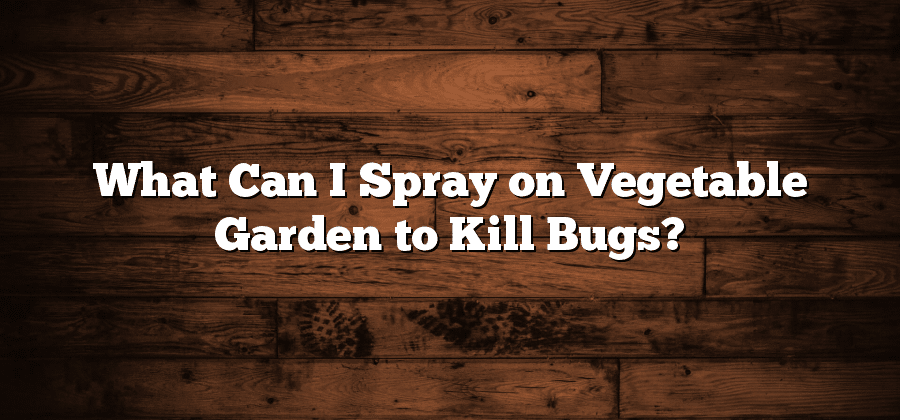Understanding Common Garden Pests and Their Impact
Garden pests can have a significant impact on the health and productivity of your plants. From chewing through leaves to sucking the sap out of stems, these tiny creatures can wreak havoc in your garden. Some of the common garden pests include aphids, slugs, snails, caterpillars, and beetles. Each of these pests can cause damage in their own unique way, and it’s essential for gardeners to understand their impact in order to effectively manage and control them.
Aphids, for example, are known for their ability to rapidly reproduce and suck on plant sap, leading to stunted growth and distorted leaves. Slugs and snails feast on young seedlings and can quickly decimate a garden if left unchecked. Caterpillars can be voracious eaters and can quickly strip leaves and flowers from plants while beetles can munch through foliage and flowers, causing significant damage in a short period of time. Understanding the impact of these pests is the first step in implementing effective pest control strategies to protect your garden and ensure healthy plant growth.
Identifying the Most Effective Organic Insecticides
Organic insecticides have gained popularity among gardeners who are looking for effective yet environmentally friendly solutions to combat garden pests. These insecticides are derived from natural sources such as plant extracts, essential oils, and minerals, making them safe for both humans and the environment. To identify the most effective organic insecticides for your garden, it is important to consider the type of pests you are dealing with and their specific vulnerabilities.
One widely recognized organic insecticide is pyrethrum, which is derived from the flowers of the chrysanthemum plant. It works by attacking the nervous system of insects, causing paralysis and eventually death. Pyrethrum-based insecticides are effective against a wide range of garden pests, including aphids, leafhoppers, and beetles. Additionally, this organic insecticide breaks down quickly in the environment, minimizing the risk of residual effects.
Preparing Your Vegetable Garden for Pest Control
One of the key steps in effectively controlling pests in your vegetable garden is proper preparation. By taking the time to prepare your garden before planting, you can create an environment that is less attractive to pests and more resilient in case an infestation occurs. Start by thoroughly clearing the area of any debris, weeds, or leftover plants from the previous season. This will help eliminate hiding spots and breeding grounds for pests. Additionally, consider adding organic matter, such as compost or manure, to enrich the soil and improve its texture, which in turn enhances the overall health of your plants.
Another essential aspect of preparing your vegetable garden for pest control is diversifying your plant selection. Planting a variety of vegetables can help reduce the risk of pest infestation, as different crops attract different pests. By avoiding monocultures and instead interplanting different vegetables throughout your garden, you can disrupt the patterns and life cycles of common pests. Furthermore, consider incorporating companion planting techniques, where certain plants are strategically placed near one another to naturally deter pests. For example, marigolds are known to repel nematodes, and planting them alongside tomatoes can help protect the crop from these destructive pests.
Natural Homemade Sprays to Deter Garden Bugs
Homemade sprays can be an effective and inexpensive way to keep garden bugs at bay. By making your own spray, you can control the ingredients and ensure that it is safe for both your plants and the environment. One popular homemade spray is a mixture of garlic and water. Simply mince several cloves of garlic and steep them in water overnight. The resulting liquid can be strained and sprayed directly onto the leaves of affected plants. Garlic is known to repel a wide range of pests, including aphids, mites, and whiteflies.
Using Neem Oil as a Safe and Effective Insecticide
Neem oil is a natural and highly effective insecticide that can be used to control a wide range of garden pests. Derived from the neem tree, which is native to India, neem oil has been used for centuries for its pest-repellent properties. It contains compounds that inhibit the growth and reproduction of many common garden pests, including aphids, mealybugs, and mites.
One of the key advantages of neem oil is its safety for use in organic gardening. Unlike synthetic insecticides, neem oil does not harm beneficial insects such as bees and ladybugs, making it an ideal choice for those looking for an eco-friendly pest control option. Additionally, neem oil breaks down quickly in the environment, leaving no toxic residue behind. When applied correctly, neem oil can effectively control garden pests without posing a risk to human health or the environment.






